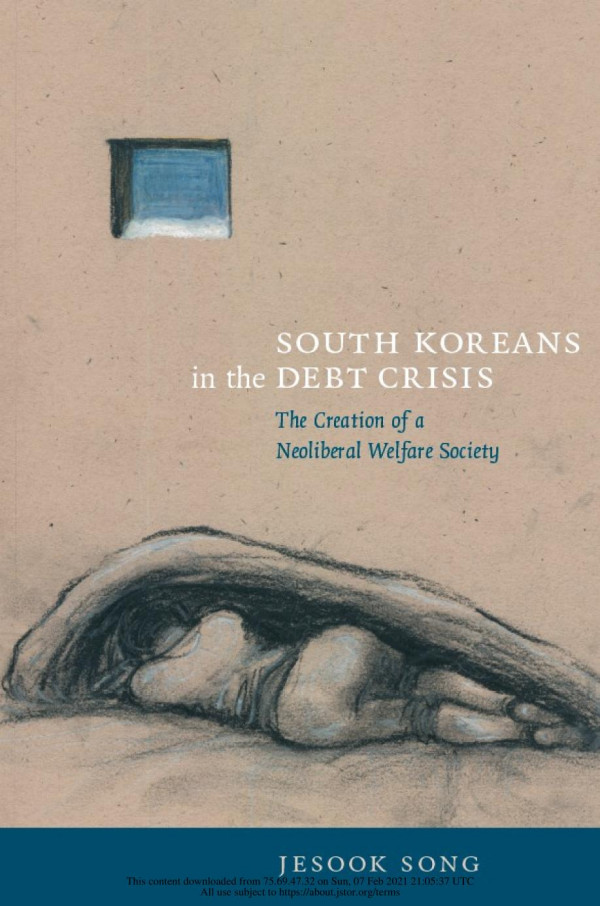

Most ebook files are in PDF format, so you can easily read them using various software such as Foxit Reader or directly on the Google Chrome browser.
Some ebook files are released by publishers in other formats such as .awz, .mobi, .epub, .fb2, etc. You may need to install specific software to read these formats on mobile/PC, such as Calibre.
Please read the tutorial at this link: https://ebookbell.com/faq
We offer FREE conversion to the popular formats you request; however, this may take some time. Therefore, right after payment, please email us, and we will try to provide the service as quickly as possible.
For some exceptional file formats or broken links (if any), please refrain from opening any disputes. Instead, email us first, and we will try to assist within a maximum of 6 hours.
EbookBell Team

0.0
0 reviewsDrawing on her experience during the crisis as an employee in a public works program in Seoul, Song provides an ethnographic assessment of the efforts of the state and civilians to regulate social insecurity, instability, and inequality through assistance programs. She focuses specifically on efforts to help two populations deemed worthy of state subsidies: the “IMF homeless,” people temporarily homeless but considered employable, and the “new intellectuals,” young adults who had become professionally redundant during the crisis but had the high-tech skills necessary to lead a transformed post-crisis South Korea.
View Less Praise“[M]eticulously researched book. . . . This work makes a significant contribution to our understanding of the transformative nature of the social ethos and political/economic outlook that contemporary South Koreans hold in the context of the formation of the neoliberal welfare state. The book is filled with sharp theoretical insights and sophisticated explanations. . . . Overall, this is an exemplary book that rigorously pursues the theoretical implications of neoliberal social arrangements and offers compelling information through the accompanying rich empirical field notes, interviews and creative sources. . . . The book should be required reading for scholars and students who are interested in contemporary South Korea, neoliberalism, governmentality, gender politics and social movements.” — Hyaeweol Choi, Acta Koreana